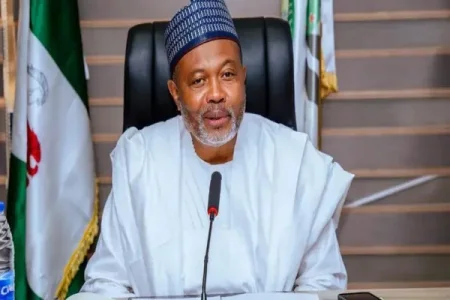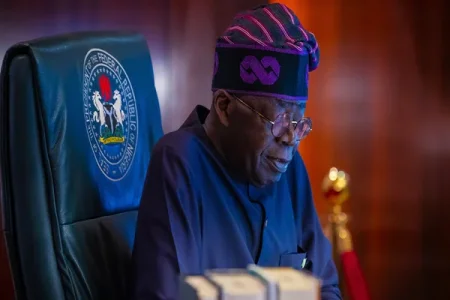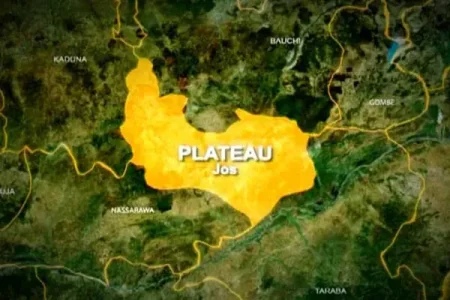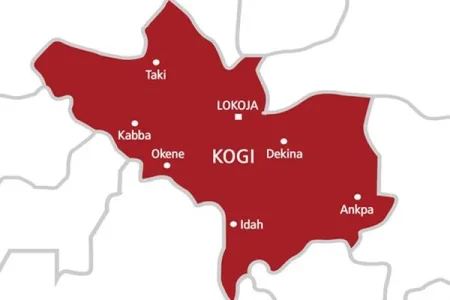
NAHCON Chairman Jalal Arabi explains how the ₦90 billion federal subsidy for the 2024 Hajj was used to cover pilgrimage costs amid currency challenges, sparking controversy and legislative scrutiny.
In a move that has sparked controversy across Nigeria, the National Hajj Commission (NAHCON) has disclosed details on how it utilized a ₦90 billion subsidy from the federal government for the 2024 Hajj operations. NAHCON Chairman Jalal Arabi, speaking to DCL Hausa, an online news platform, revealed that the funds were primarily used to offset the increased costs faced by pilgrims.
The subsidy, announced by Vice President Kashim Shettima in May, was intended to alleviate the financial burden on Nigerian Muslims participating in the annual pilgrimage to Mecca. According to Arabi, the unprecedented surge in Hajj costs, driven by unfavorable exchange rates, necessitated government intervention.
"The high dollar exchange rate caused the cost per seat to surge above ₦9 million," Arabi explained. "We carefully utilized the subsidy to address this increase and mitigate the burden on pilgrims."
However, the allocation has faced criticism from various quarters. Some Nigerians question the appropriateness of subsidizing religious activities amid pressing national needs. Additionally, several state governors have expressed dissatisfaction with NAHCON's management, citing issues with accommodation in Muna and insufficient Basic Travel Allowance for pilgrims.
In response to these concerns, the House of Representatives has established a committee, chaired by Sada Soli, to investigate NAHCON's performance during the pilgrimage.




